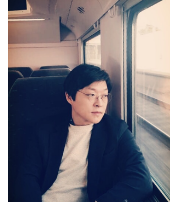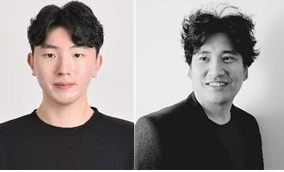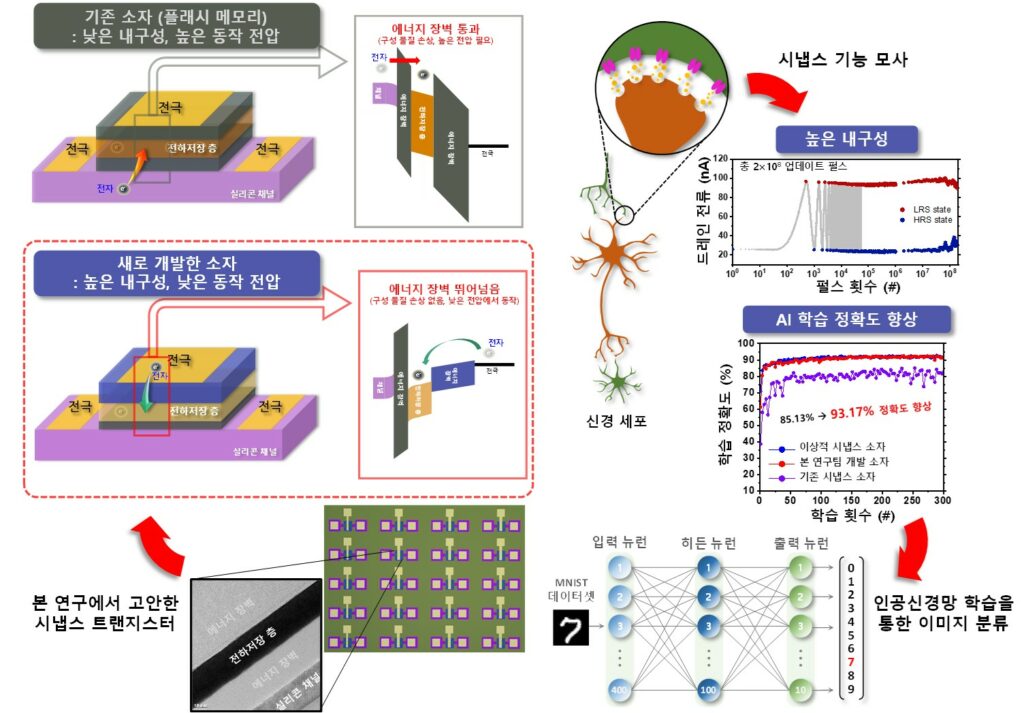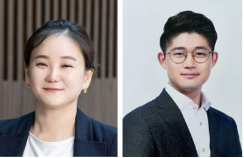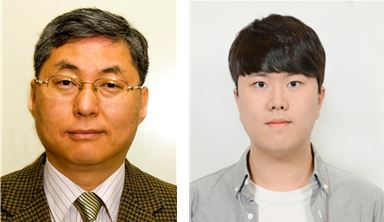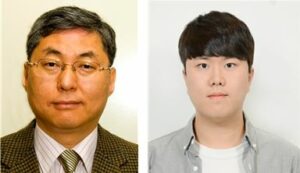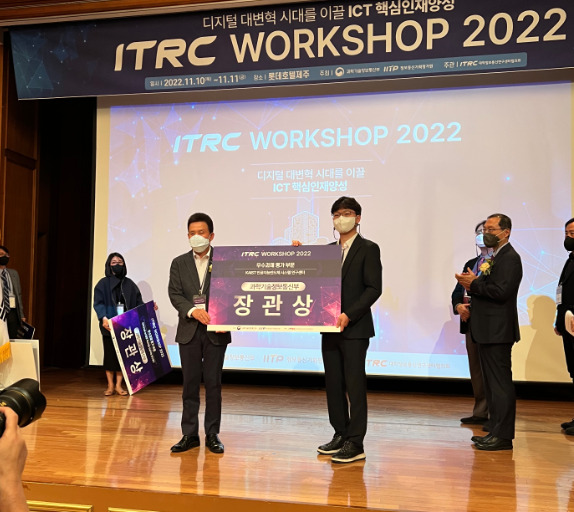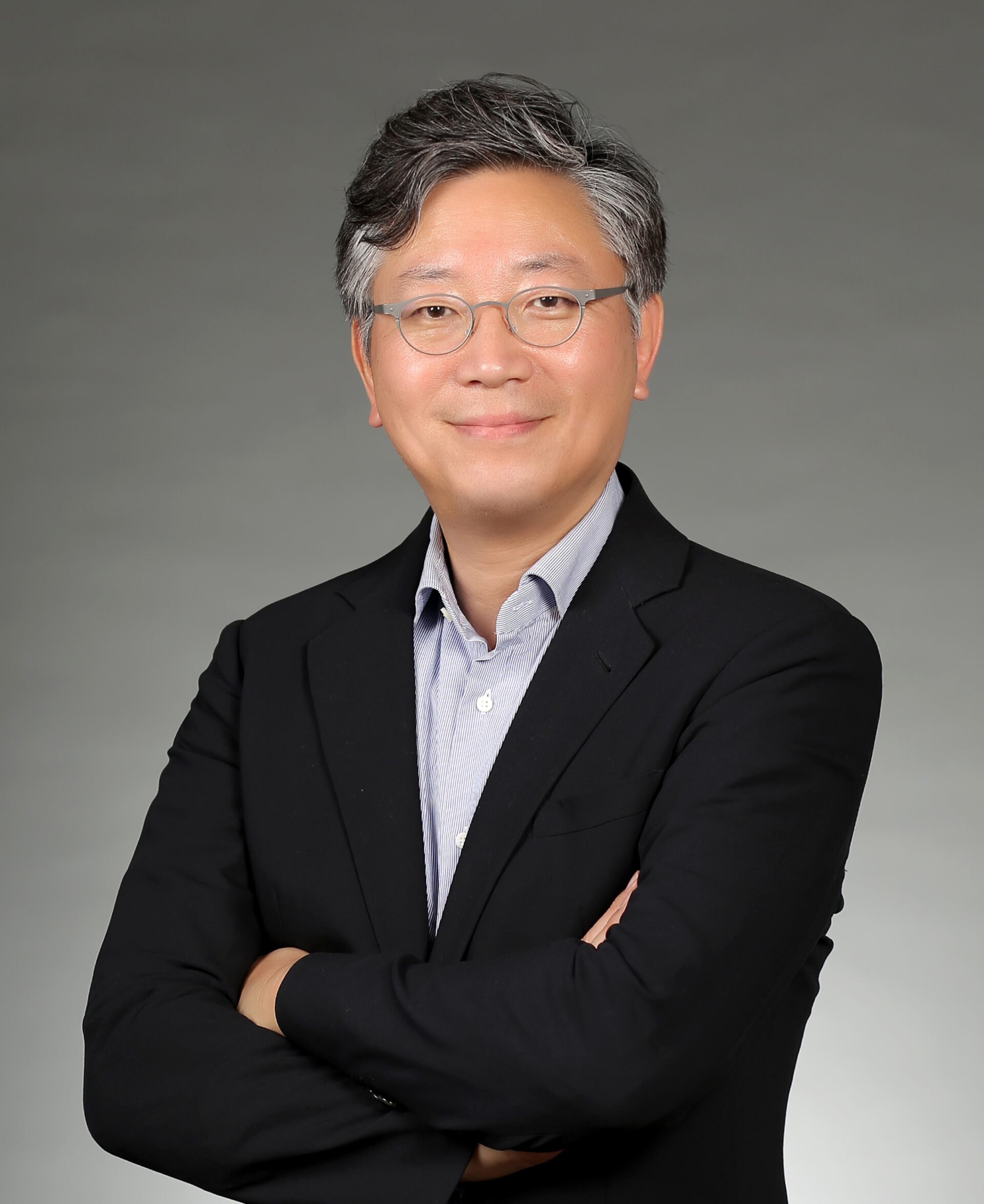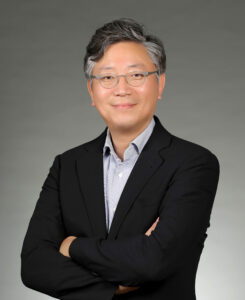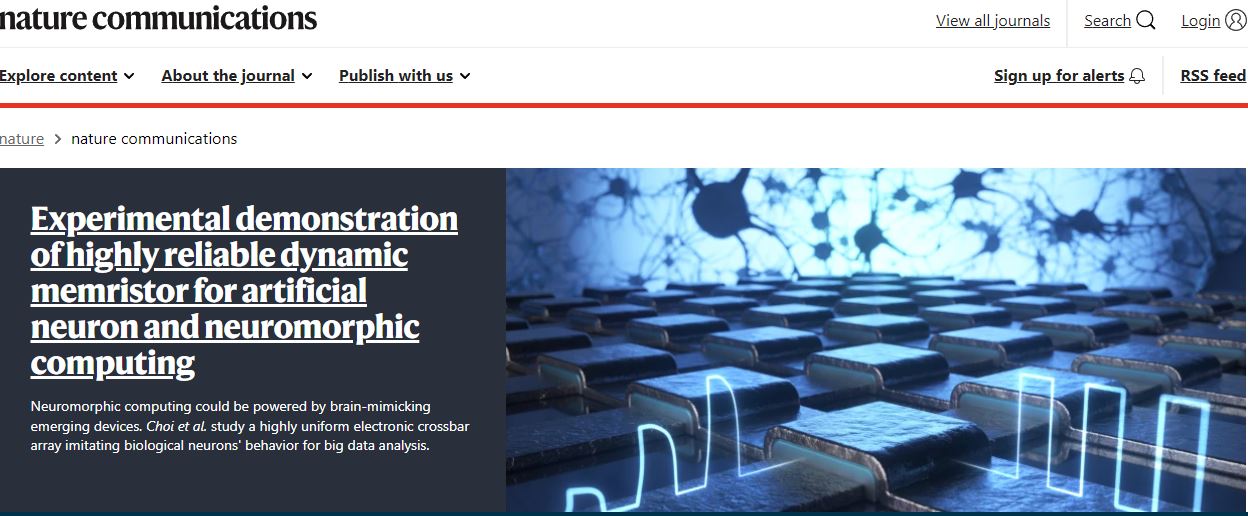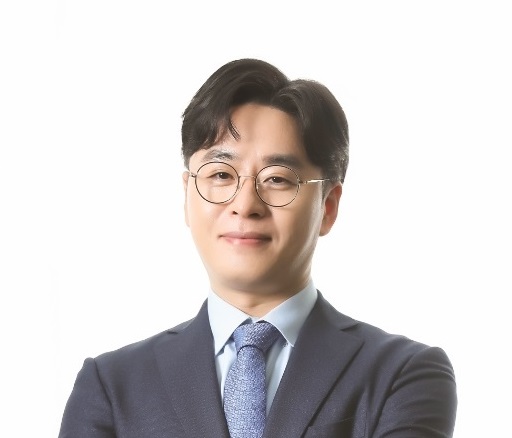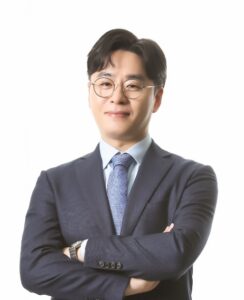
[KAIST EE Prof. Hyunjoo Jenny Lee , Ph.D. candidate Yehhyun Jo, KBRI Dr. Jeongyeon Kim, from left]
On Nov. 8th, Professor Hyunjoo Jenny Lee (KAIST EE) and Dr. Jeongyeon Kim (Korea Brain Research Institute, KBRI) announced a joint development of a general-purpose ultrasound stimulation and monitoring system for the brain activity of small animals.
This technology can stimulate the brain depending on the sleeping condition monitored in real-time, and the research team demonstrated that sleep patterns and short-term memory could be controlled through stimulation of the prefrontal cortex (PFC) during the non-rapid-eye movement (NREM) sleep cycle.
The conventional ultrasound stimulation systems are either too large to be used on free-moving mice, or difficult to use for simultaneous measurements due to large noise signals.
Professor Hyunjoo Lee’s team sought to solve these issues through MEMS-based CMUT (Capacity Micromachined Ultrasound Transducer) research and was able to develop a customizable, closed-loop system that stimulates the brain based on its current state. Their closed-loop stimulation algorithm is able to analyze the sleep phase every 6 seconds and deliver ultrasound stimulation during the NREM sleep cycle, both in a simultaneous process without significant noise. Stimulating the PFC of sleep-deprived mice for 10 hours during NREM sleep cycle showed an increase in rapid-eye movement (REM) sleep duration and short-term spatial memory protection from acute sleep deprivation.
“Ultrasound is a very safe human body irradiation technology, enough that it is used even for fetal imaging”, says Professor Hyunjoo Jenny Lee, “and it is a very attractive means of noninvasive treatment because its radiation can be intensively focused deep inside the body without spreading.” She added, “however, there is little research on the efficacy of ultrasound stimulation due to the lack of preclinical stimulation systems. I hope that our work could be used by many brain science research teams in discovering various therapeutic effects of ultrasound.”
The study was led by Ph.D. candidate Yehhyun Jo (KAIST EE) under professor Hyunjoo Lee, and Dr. Jeongyeon Kim’s research team, with participation of Seong-Gi Kim (Head of Center for Neuroscience Imaging Research, Institute of Basic Science), Dr. Byung Chul Lee (KAIST), and professor Greg S.B. Suh (KAIST Department of Biological Sciences). Their work was published on Oct. 19th in the international journal Advanced Science, and was selected as the Research Headline by the publisher Wiley. (Title: General-purpose ultrasound neuromodulation system for chronic, closed-loop preclinical studies in freely behaving rodents)
This research was supported by the Next Generation Intelligence Semiconductor Program through National Research Foundation (NRF) funded by the Ministry of Science and ICT (MSIT), the Engineering Research Center of Excellence (ERC) Program, Korea Brain Research Institute’s Basic Research Program, and the Korea Medical Device Development Fund.
Reference link :

